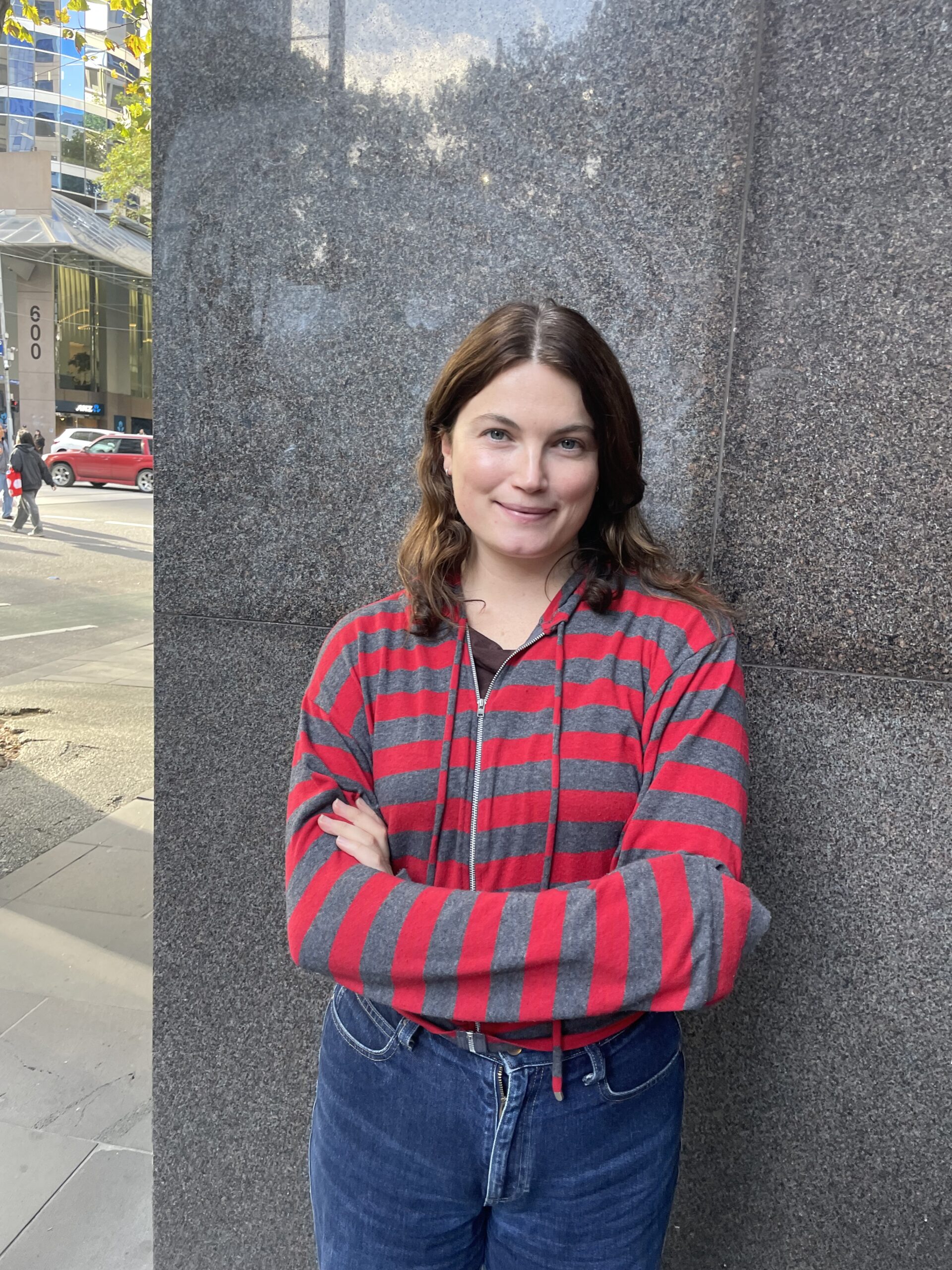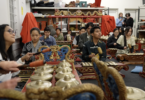Exemplary technical skills like research and interviewing are obvious non-negotiables for a journalist. But when you’re a freelance journalist, the hardest skills to master might be soft skills.
Soft skills are defined as “behaviours, personality traits and work habits, such as collaboration, critical thinking, perseverance and communication” that help people thrive in work environments. The Society for Human Resource Management reports that without soft skills, a career will only go “so far”.
A 2020 study by the world’s biggest professional network, LinkedIn, names the top five in-demand soft skills as creativity, persuasion, collaboration, adaptability and time management.

Time management
Melbourne’s Hudson Brown has been a freelance journalist for about five years. Brown describes his work as a lot about “building relationships” with editors, content managers and agencies. Sending “thoughtful emails” without rushing and being cognisant of the other person’s time are some of Brown’s key practices.
When asked whether he is a procrastinator, Brown describes himself as “quite self-motivated” and named the attribute as one you “have to have” in freelancing.
Journalists across facets of broadcast and print media adhere to tight deadlines. One of the things Brown focuses on most is “never submitting late”. Submitting work even a day late puts a business “under the pump” and “reflects really badly” on the journalist.
Adaptability
Adaptability is recognised by the Harvard Business Review as the “new competitive advantage” in business environments. It’s a trait that Brown knows a lot about. For starters, there is adaptability to new journalism practices in our digital age.
He says the rise of multimedia in journalism is “really important”.
“Photography lends itself well to feature writing,” Brown says. “When photographers have an incredibly beautiful bed of work that you can focus on and obviously you can use those images in your articles, that makes them look amazing.”
And then there’s the instant adaptability needed in the “weird times” when the COVID-19 pandemic paralysed travel.
“Basically overnight the travel writing disappeared,” Brown said.
“It was a pretty scary time. We’d signed a lease. We were stuck in London and couldn’t come home.”
Brown’s solution to the problem? “I guess I just picked up other jobs.”
Collaboration
According to the Media, Entertainment & Arts Alliance, “more than half the media workforce work in insecure or freelance employment”.
Knowing when to collaborate with other professionals is another important skill for freelance journalists. Brown is working with a photographer on a story about a winery with a sustainability element.
“Normally if I was doing that kind of story, it would be a bit tricky for me alone. I could take the shots, but they wouldn’t be to that level.
“He came to me as a professional photographer, which is really cool. I know the shots will be amazing.”
Collaborating between freelancing professionals allows each to play to their individual strengths, particularly in a passion project where being paid is not top priority.
“We haven’t even discussed money at all.”
But Brown is also realistic. He recognises that there are “few writers who get to focus on what they want to do all of the time”. This is simply the nature of freelancing and living in a capitalist society.
“You can’t be too pick and choosy,” he says. “It’s a constant sort of balancing act between doing what you want to do and balancing the money side of things.”
For freelancers like Brown, finding and maintaining the sweet spot of hard and soft skills means he “rarely” looks for work. “Most of it comes to me.
“That in its own way is a challenge. You can get a bit comfortable.”
Featured image: Jasmin Egger via Unsplash






